

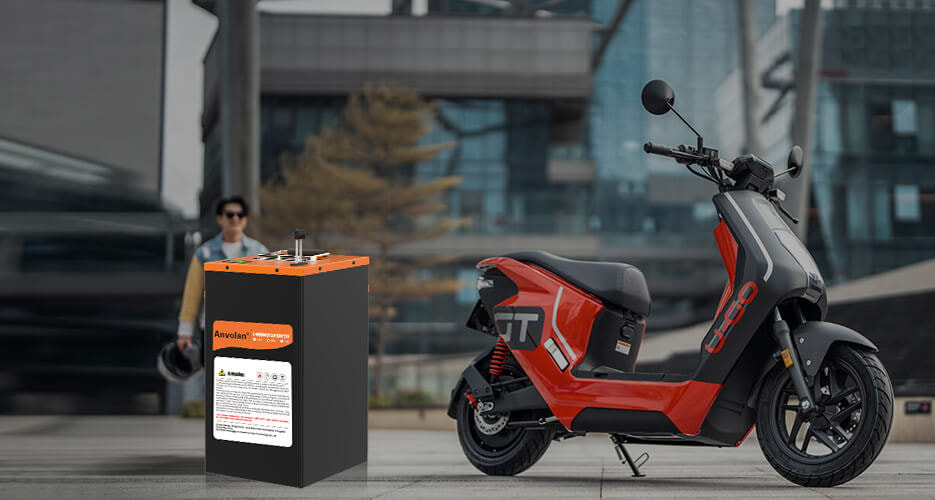



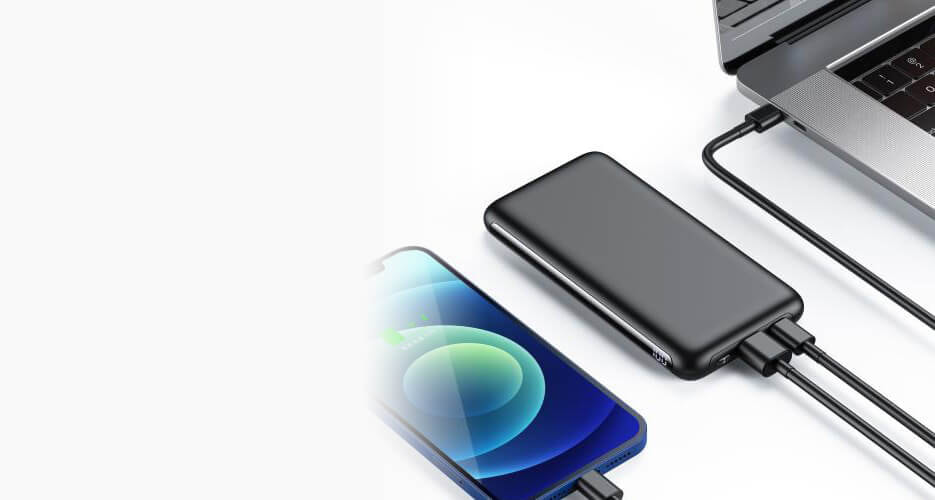

Dongguan X-Power Intelligent Technology Co.,Ltd is a professional smart battery manufacturer operates in 2 key business areas including e-mobility and energy storage. With over 10 years of experience in designing, engineering and manufacturing smart battery for needs of today and future.
Our ambition is committed to a sustainable future by offering green, smart, high efficiency energy solution for both new and existing applications.It makes X-Power continuously optimizing its R&D, management and production equipments in passing years to meet standard of ISO9 0 0 1 , SQP, and BSCI.
The safety assurance of a battery pack involves design verification, supply chain management, system adaption, correct cell selection and serious testing and manufacturing process. To meet the full procedure, X-Power has 8000m² workshop for test lab, R&D institute and production line. Also all products are tested and approved by third party lab. Over the years, X-Power had focused on China, Europe, USA, Japan, South Africa, Brazil,Indonesia, and etc. At the same time, we subscribed 1.5 million US Dollar global Product Liability Insurance for our products.
In June of 2023, we will set up new production line for battery energy storage in our new headquarters in Dongguan, China.
Welcome to contact us today for win-win solution.





10+Years Experience,Aduited by Iso9001, SQP, GS & BSCI

Professional R&D Team& In-House Lab
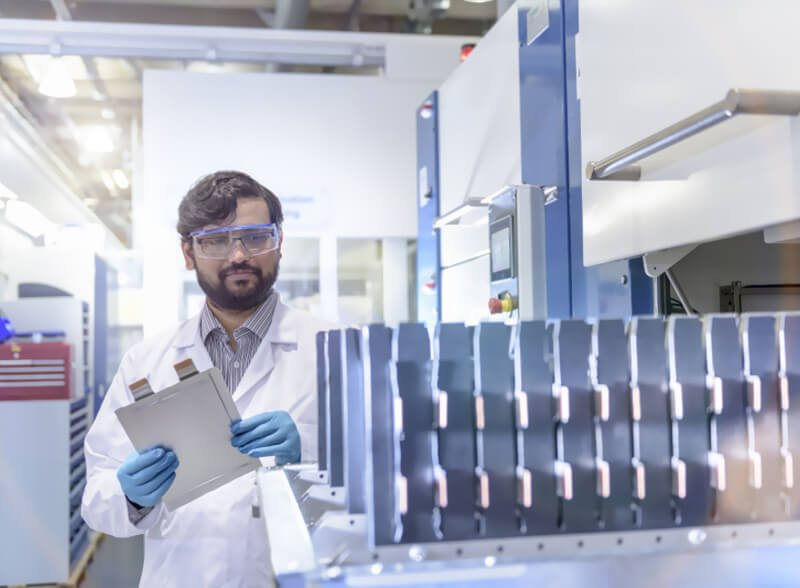
Stable Battery Cell Supply Chain including LG, SVOLT, GOTION,Ganfeng, etc.
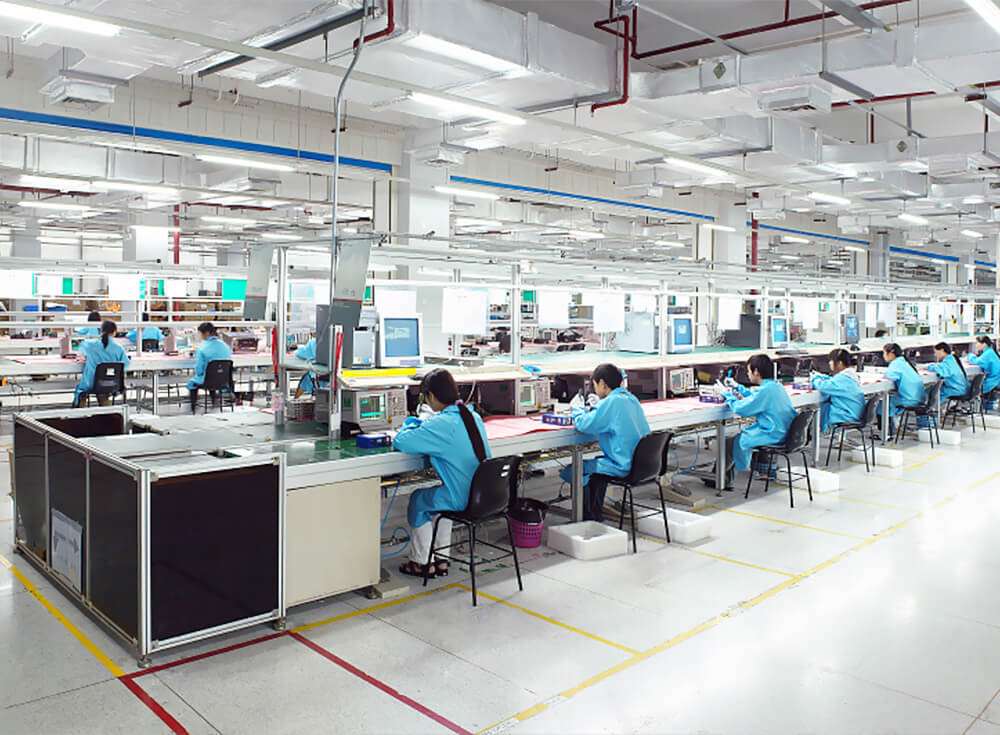
6+ Years International Brand ODM Experience

Major Seller in Chinese B2C Marketplace, 500,00+ End Users Experience

European Warehouse & After-Sales Service Center
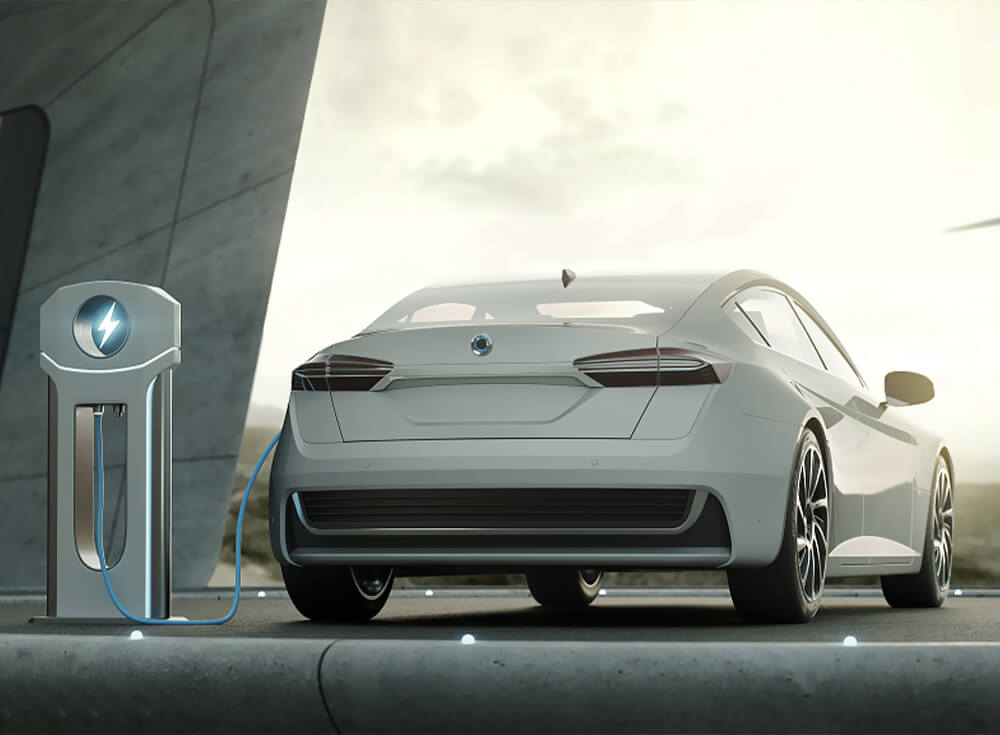
Focus on smart battery for light electric vehicle and energ storage



X-Power 2023 Lithium Battery Fire Safety Conference

2023-05-31
Know More
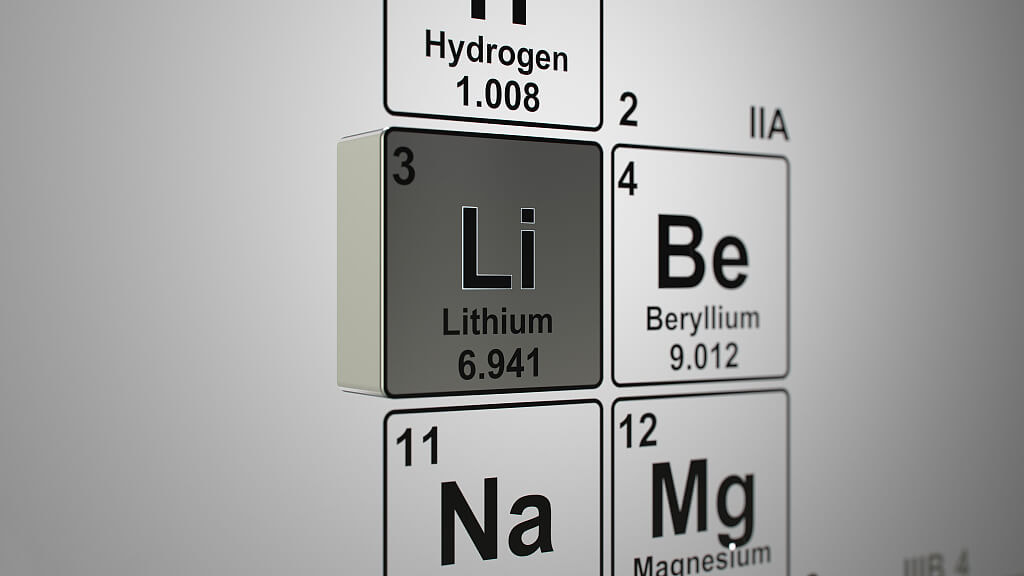
Why Electric Vehicles Choose to Use NCM Cells ?

2023-05-15
Know More
X-Power 2023 Lithium Battery Fire Safety Conference
Why Electric Vehicles Choose to Use NCM Cells ?
The Global Sources Exhibition is one of the largest trade shows in the world, featuring a wide range of products from various industries. As one of the premier events in the industry, the exhibition provides a platform for companies to showcase their latest innovations to a global audience of potential customers.X-Power is proud to announce the successful debut of it’s latest products at the Global Sources Exhibition on 11st-14th April 2023 in Hong Kong. X-Power took full advantage of the opportunity and unveiled three new products: Portable power station,UPS, Residential energy storage solar system.These new products offer cutting-edge technology and advanced features that are designed to meet the needs of modern consumers.As a comprehensive new green energy battery enterprise integrating investment, research and development, production, and sales. X-Power showed a variety of smart battery for Energy storage and E-mobility at the scene, attracting many buyers at home and abroad to ch
X-Power's main products at this exhibition are 12V-48V solar energy storage battery series, including wall mounted energy storage battery (Powerwall) and stacked energy storage battery. The capacity of stacked energy storage battery is 9.42KW, and the capacity of wall mounted energy storage battery is 5.12KW. Indonesian customers pay more attention to the intelligence of energy storage battery, among which the long cycle life of lithium iron phosphate battery is welcomed. In the future, we will provide the Indonesian market with better quality, more environmentally friendly and more intelligent solar energy storage battery products.Solar Energy will play an important role in the supply of electricity as Indonesia prioritizes Net Zero Emission (NZE) by 2060, in which 587 GW of renewable power plants and a capacity of 361 GW or more than 80% will come from solar energy and hydropower. This energy source will become the main supply of national electricity in the future.During G20 summ